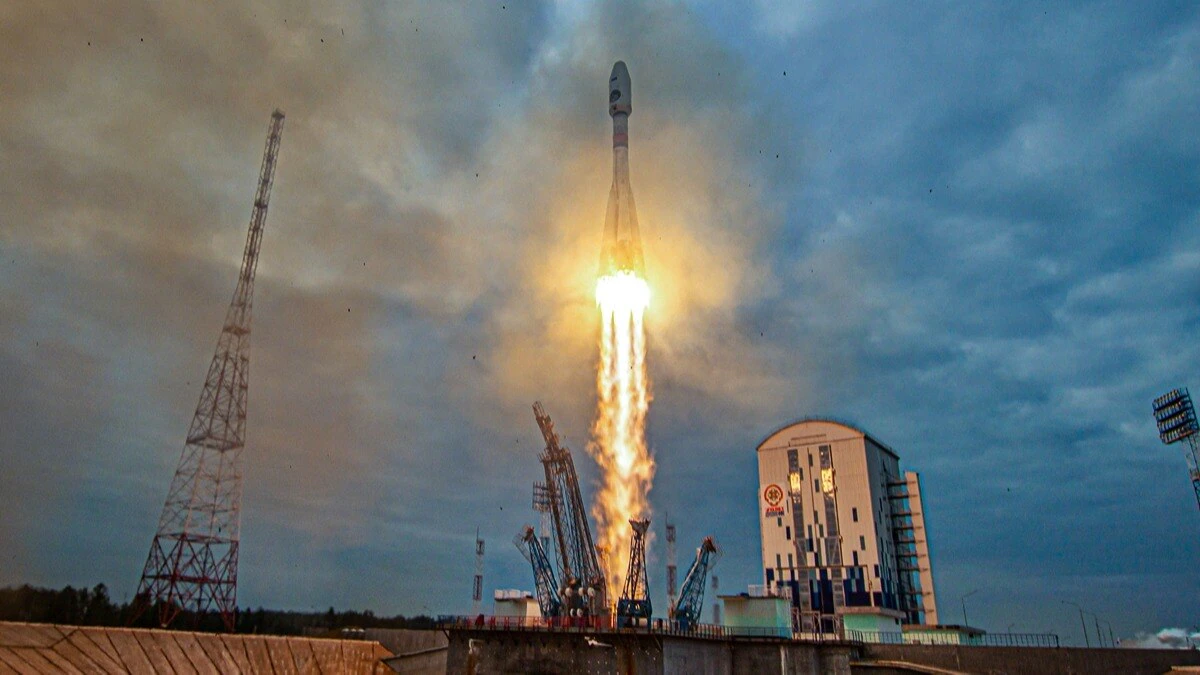In a groundbreaking achievement, Moscow’s Luna-25 lander is on the cusp of entering the moon’s orbit on Wednesday, marking Russia’s return to lunar exploration after nearly five decades. The Russian space agency Roscosmos has unveiled this momentous step as part of its ambitious plan to revitalize the nation’s pioneering space program.
The Luna-25 mission represents a pivotal endeavor aimed at rejuvenating Russia’s prominence in space exploration. This mission, the first of its kind launched by Moscow since 1976, underscores Russia’s commitment to rekindle its space ambitions.
With the Luna-25 lander’s anticipated entry into the moon’s orbit at an altitude of approximately 100 kilometers (62 miles) above the lunar surface, preparations are underway for a momentous landing scheduled for Monday. The chosen landing site near the Boguslawsky crater, situated in the lunar south pole region, holds the promise of vital scientific discoveries.
The significance of this mission extends beyond its orbital and landing objectives. The lander’s onboard cameras have already captured captivating images of the Earth and the moon from their unique perspective in space, underscoring the technological prowess of the mission.
Weighing around 800 kilograms (1,764 pounds), the Luna-25 lander was propelled into space by a Soyuz rocket, propelling it from the Vostochny Cosmodrome in Russia’s Far East. The successful launch demonstrates Russia’s capability to execute complex space missions.
Upon reaching the moon’s surface, the lander will embark on a year-long mission to conduct essential tasks, including sample collection and detailed soil analysis. These endeavors promise to offer valuable insights into the lunar environment and its potential implications for future space exploration.
The Luna-25 mission unfolds amidst an intricate geopolitical backdrop. Russia’s continued involvement in Ukraine has cast shadows over its longstanding space collaboration with Western counterparts. Despite these challenges, Moscow remains committed to advancing its space exploration agenda independently.
While the European Space Agency (ESA) has announced a suspension of cooperation with Russia due to concerns arising from the situation in Ukraine, Russia’s unwavering commitment to lunar exploration exemplifies its determination to pursue scientific advancement on its own terms.
As the Luna-25 lander edges closer to achieving its historic milestones, it marks not only a resounding achievement for Russian space exploration but also a testament to humanity’s enduring quest for knowledge beyond our planet.




